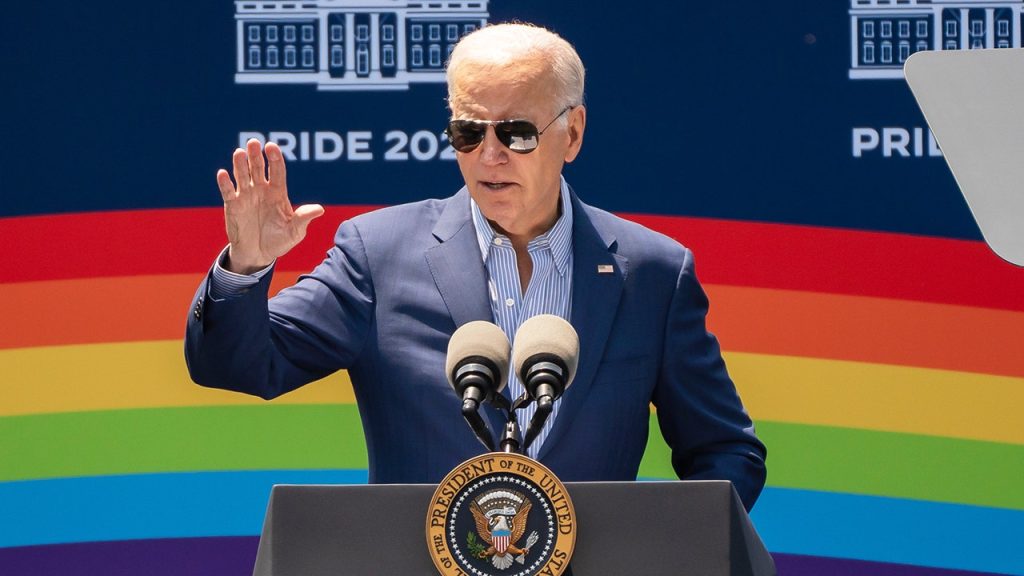The Biden administration’s Department of Education has withdrawn a proposed rule change that would have prohibited schools receiving federal funding from enacting policies that prevent transgender athletes from competing on sports teams consistent with their gender identity. This withdrawal marks a significant shift in the administration’s approach to the contentious issue of transgender inclusion in sports, particularly at the K-12 level. The proposed rule, introduced in April 2023, aimed to establish a national standard under Title IX, the federal civil rights law prohibiting sex-based discrimination in education, to ensure transgender students’ participation in athletics aligned with their gender identity.
The decision to withdraw the proposed rule follows a period of extensive public comment and ongoing legal challenges regarding Title IX’s application to transgender athletes. The Department of Education acknowledged the influence of these lawsuits in its decision, stating that it would not regulate on this issue at this time. This withdrawal represents a retreat from the administration’s earlier efforts to expand transgender rights, specifically in the context of school sports, and reflects the complex and evolving legal landscape surrounding this issue.
The Biden administration’s initial stance on transgender inclusion in sports, articulated in a broader Title IX interpretation that encompassed gender identity and sexual orientation, faced considerable opposition from several states. These states argued that the administration’s interpretation overreached the scope of Title IX and infringed upon states’ rights to regulate school athletics. Numerous lawsuits challenged the administration’s position, leading to a divided legal landscape and uncertainty regarding the future of transgender participation in sports.
The Supreme Court’s decision in August 2024 to deny the administration’s emergency request to enforce portions of its Title IX interpretation further complicated the issue. This denial prevented the administration from requiring schools in ten states to allow transgender students access to bathrooms, locker rooms, and dormitories consistent with their gender identity, underscoring the ongoing legal battle surrounding transgender rights in education.
The political landscape surrounding transgender inclusion in sports also played a role in the administration’s decision. Throughout the 2024 election cycle, the issue became a subject of intense debate, with Republicans criticizing the Biden administration’s stance and highlighting concerns about fairness and women’s sports. This political pressure likely contributed to the administration’s decision to withdraw the proposed rule, as it sought to avoid further controversy in a highly charged political environment.
This withdrawal comes after a period of shifting positions within the Democratic Party on the issue of transgender inclusion in sports. Some Democratic lawmakers, facing public pressure and electoral considerations, began to backtrack on their previous support for transgender athletes competing on teams aligned with their gender identity. This internal division within the Democratic Party further underscores the complexity and sensitivity of the issue, and the challenges it presents for policymakers seeking to balance competing interests and values.
In conclusion, the Biden administration’s decision to withdraw its proposed rule regarding transgender athletes in school sports reflects a strategic retreat in the face of legal challenges, political pressure, and evolving public opinion. The withdrawal signals a period of uncertainty regarding the future of transgender inclusion in sports, as courts, state legislatures, and school districts continue to grapple with the complex legal and ethical questions at the heart of this issue. The administration’s decision leaves unresolved the question of how Title IX will be applied to transgender athletes, leaving the issue open to further litigation and legislative action in the years to come.

